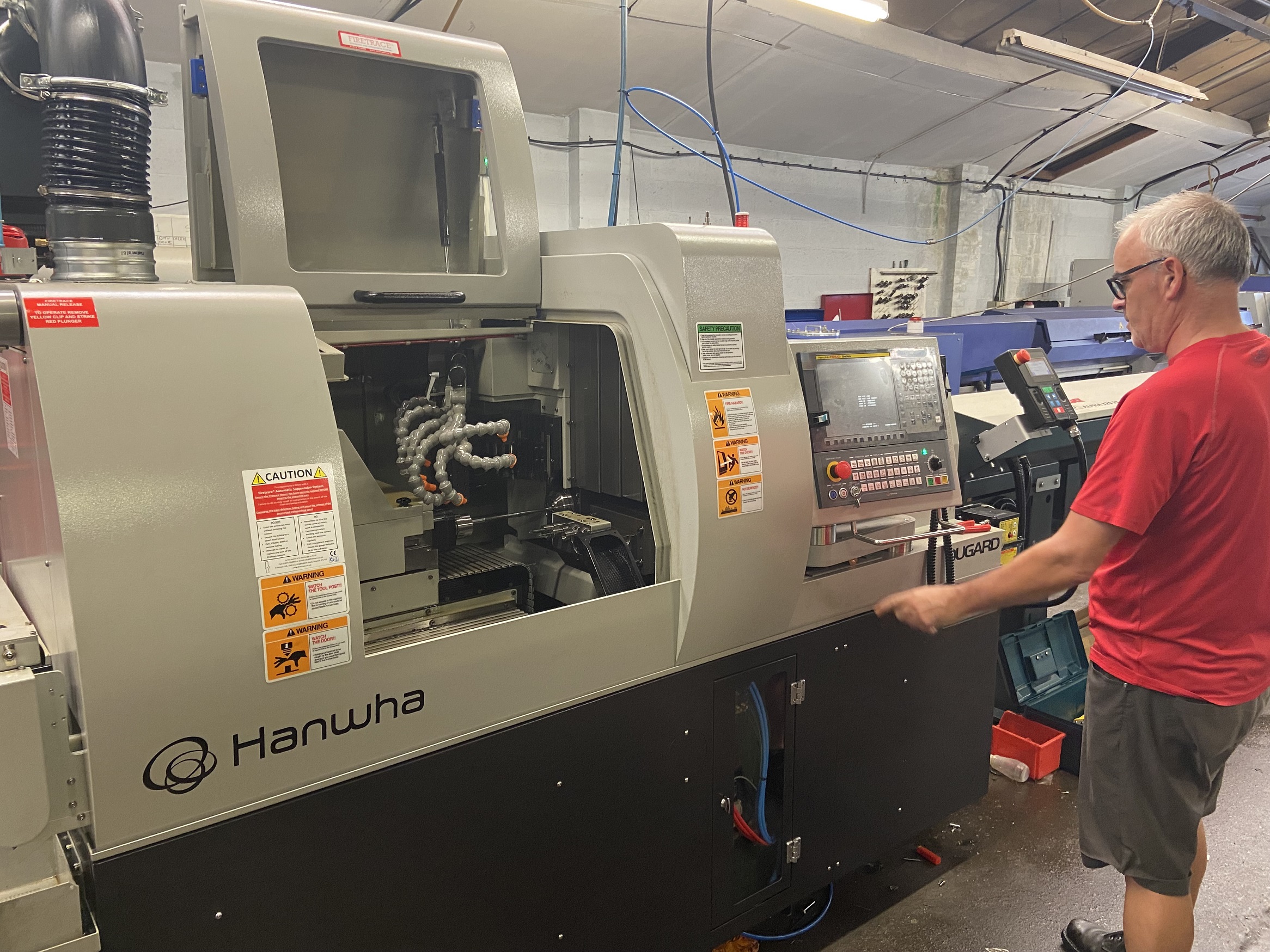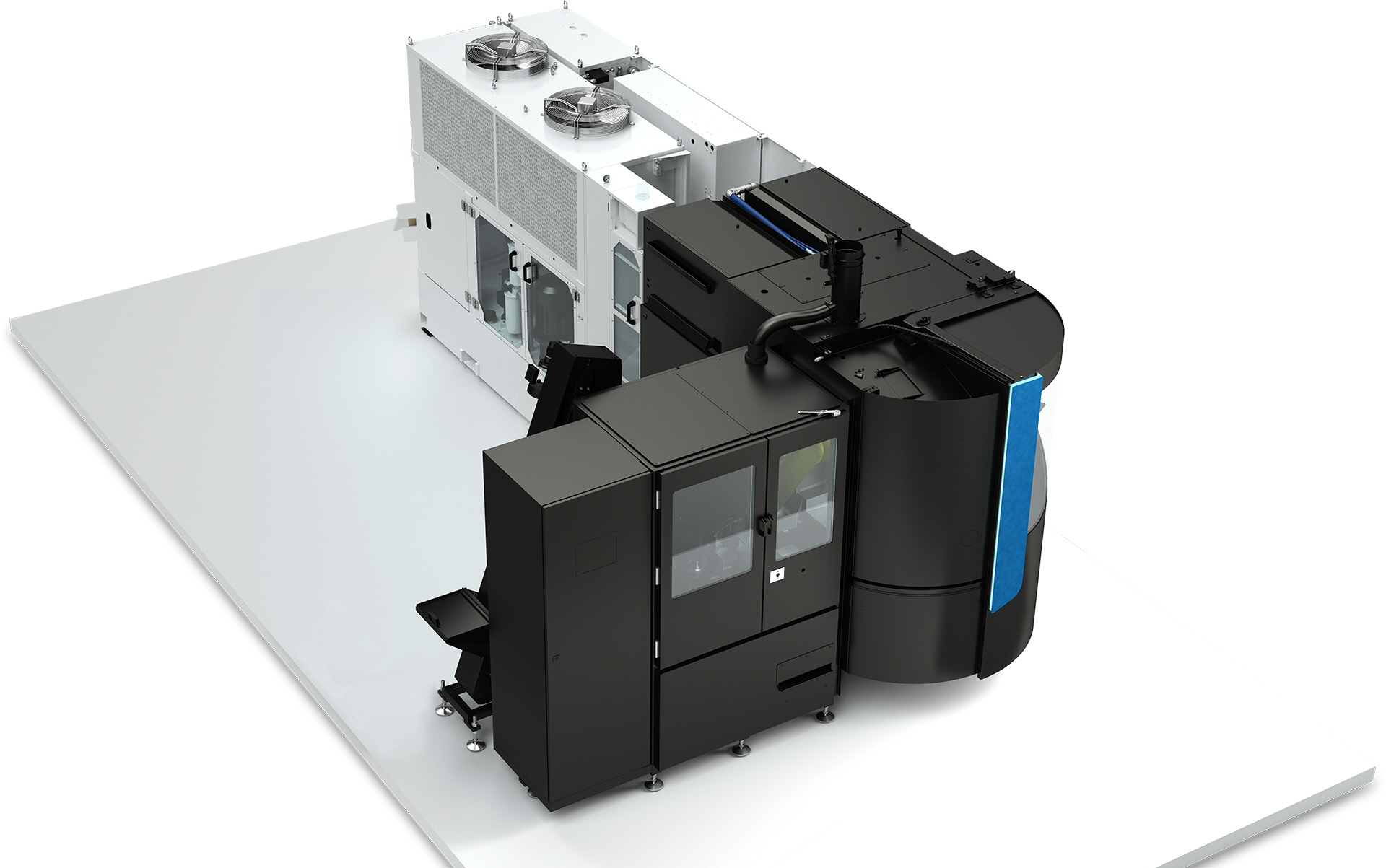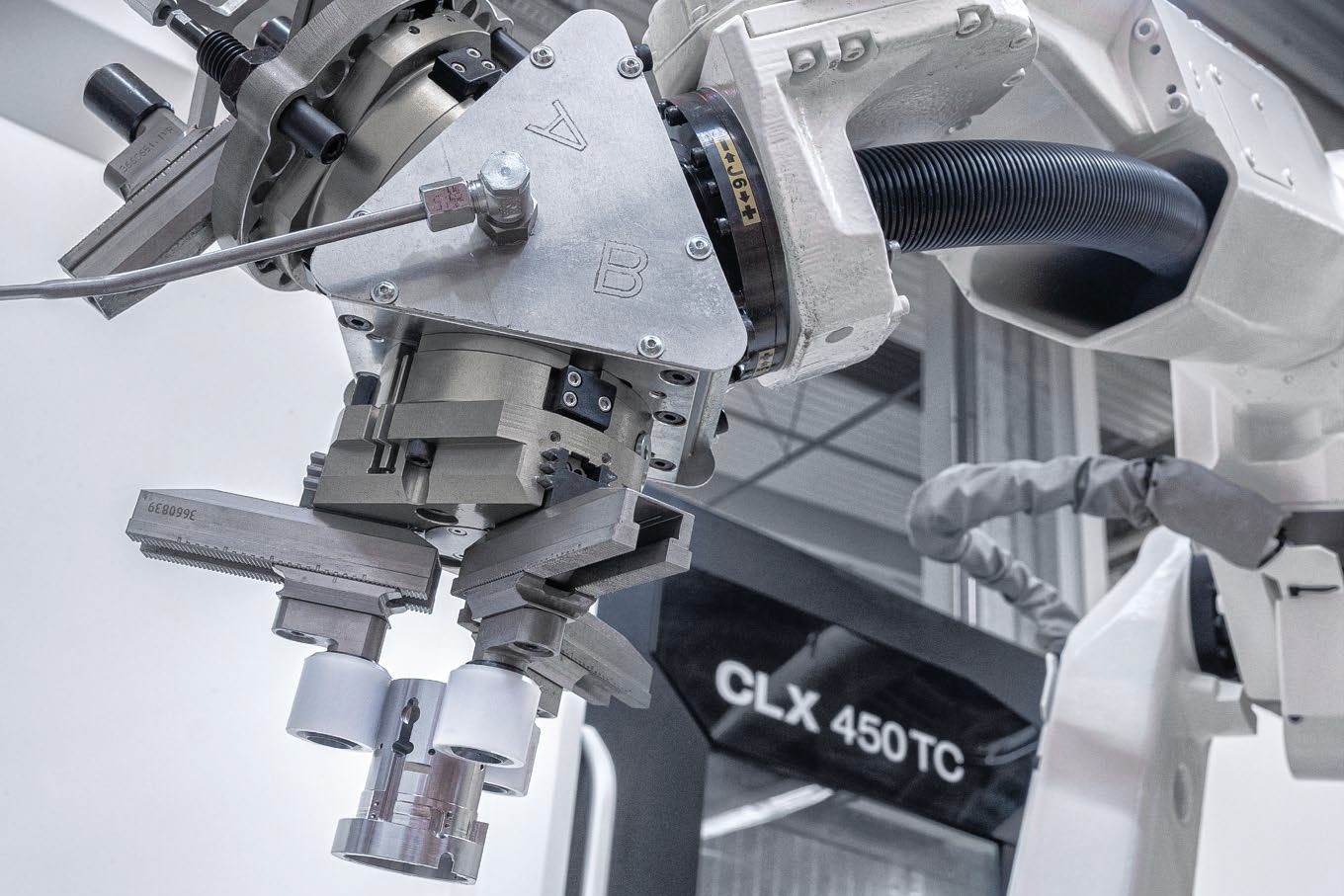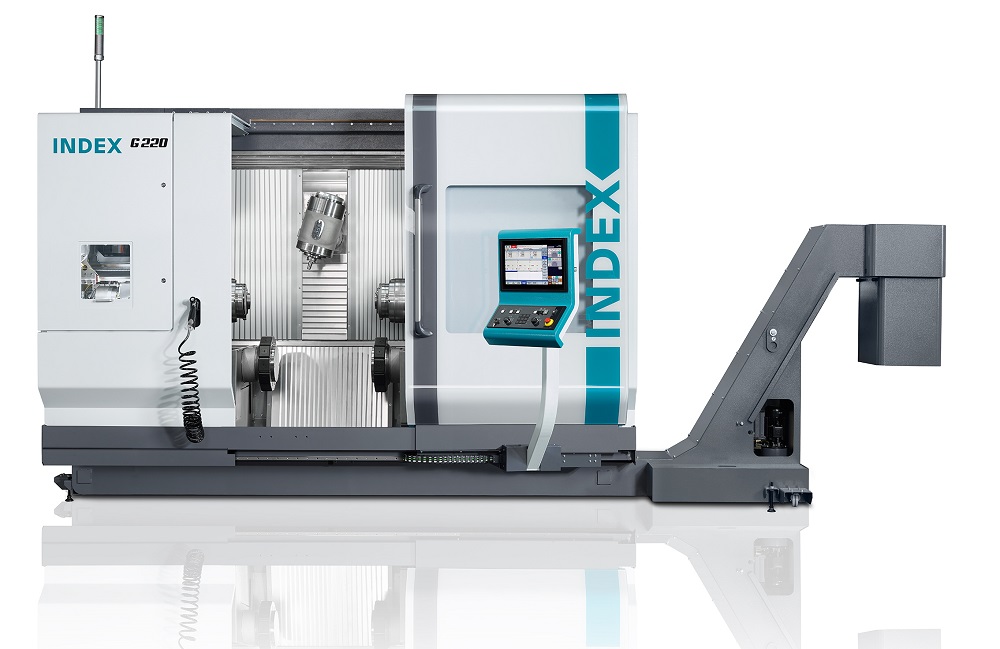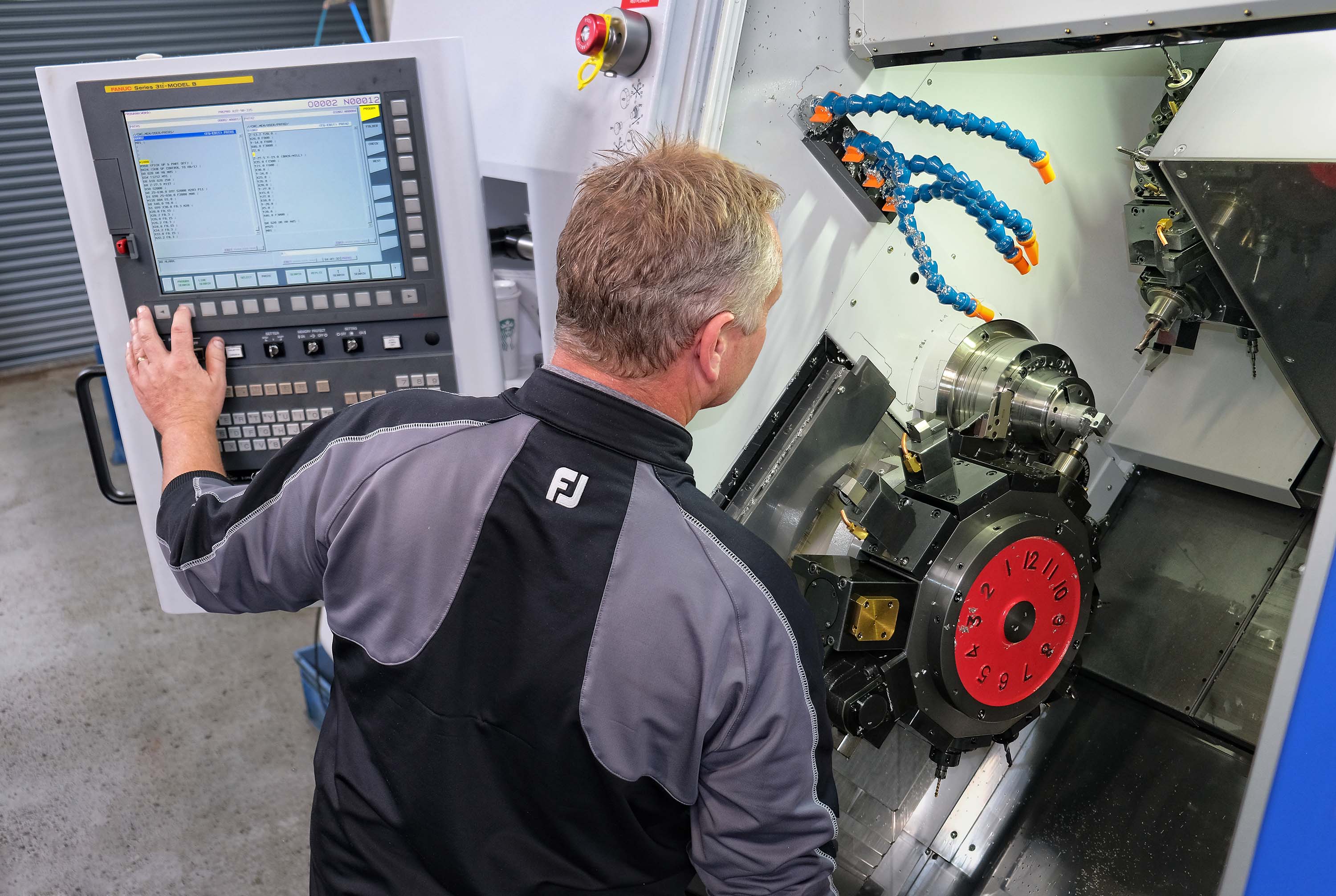As a manufacturer of fasteners with over 150 years of experience, Coventry-based Special Bolt can produce more than 100,000 pieces in a single day shift. This capacity has been boosted by the arrival of a Hanwha XE20 sliding head-turning centre from Dugard.
Tim Bayliss, managing director of Special Bolt, says: “The main reason we bought this machine was for capacity. We also needed something that would fit into our limited space. The Hanwha XE20 machine is the opposite hand to existing sliding-head machines, so it fitted perfectly. Our new Hanwha XE20 has the same versatility as other machines, but seems a lot smaller with a lot more punch.”
Producing components in various materials and in standard and bespoke sizes from 6 to 24 mm diameter, Special Bolt manufactures everything from locating flange screws, conrod bolts, striker pins, serrated shoulder studs, dome nuts, shear bolts, nyloc nuts, full hex nuts and many more variations that can be produced to customer specifications.
Referring to the diversity of the machine’s workload, Bayliss says: “It has enough power to do all of our different jobs. Some are easy, some are not, but if you don’t have the power, you can’t make the parts that your customers require.”
Looking at the work going through the machine, he adds: “If we’re making short parts and only doing a turning operation, we could be making a part every 20 seconds. Then, we could be producing a longer part that may have a cycle time of 6 or 7 minutes. It all depends on part complexity. However, it’s more about the fact that this Hanwha machine does all of the parts in a batch exactly the same – each and every time.”
For further information www.dugard.com






